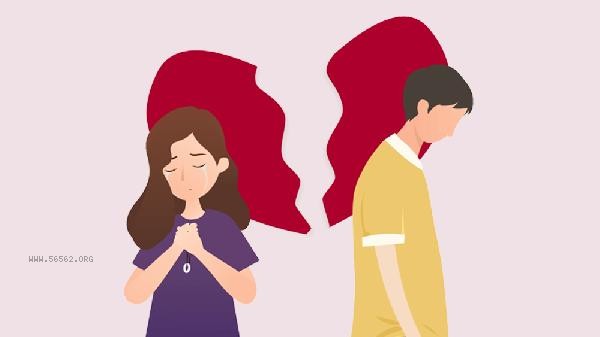Breaking up after college graduation is a common phenomenon, mainly related to factors such as changes in life stages, conflicts in future planning, increased real-life pressure, weak emotional foundation, and restructuring of social circles.

1. Life Stage Transition
The transition from being a student to a professional can bring about psychological differences. The campus environment provides stable interaction time and common topics, and both parties may neglect emotional maintenance after graduation due to adapting to new roles. Some people may view breaking up as a ritual of growth, believing that ending a campus romance is a necessary step into society.
2. Future planning conflicts
Employment location selection has become a real obstacle. More than 60% of graduates face the problem of being in another city, and when one party chooses to pursue further studies or develop in a specific city, maintaining long-term relationships requires higher costs. Differences in career goals can also expose differences in values, such as the contradiction between pursuing career stability and pursuing career ideals.
3. Increased real-life pressure
The process of economic independence erodes emotional energy. Living pressures such as renting and commuting can compress romantic investment, and the anxiety of entering the workplace can easily translate into negative emotions in intimate relationships. Some couples experience a vicious cycle of mutual blame due to their inability to cope with stress together.

4. Weak emotional foundation
Campus romance often begins with environmental convenience. After the advantages of overlapping courses and club activities disappear, lovers who lack deep emotional connections are more likely to break up. A survey shows that nearly half of couples who break up within six months of graduation admit to lacking long-term considerations in the early stages of their relationship.
5. Social circle restructuring
New interpersonal networks change emotional needs. After the colleague circle replaces the classmate circle, exposure to more mature members of the opposite sex may trigger comparative psychology. Some people will re evaluate their partner's compatibility, especially when they discover significant differences in social resources and development speed between the two parties.

For psychological adjustment in the face of graduation breakups, it is recommended to balance work and emotional investment through time management, use nonviolent communication to handle differences, and regularly review relationships to clarify common goals. Economically, a love mutual fund can be established to share expenses, and socially, one can participate in workplace social activities that their partner is interested in. It is important to understand that breaking up does not mean failure, but rather a realistic choice made by both parties in different growth rhythms. Maintain a three-month emotional observation period to avoid making hasty decisions about the continuation of the relationship during the career adaptation period.








Comments (0)
Leave a Comment
No comments yet
Be the first to share your thoughts!